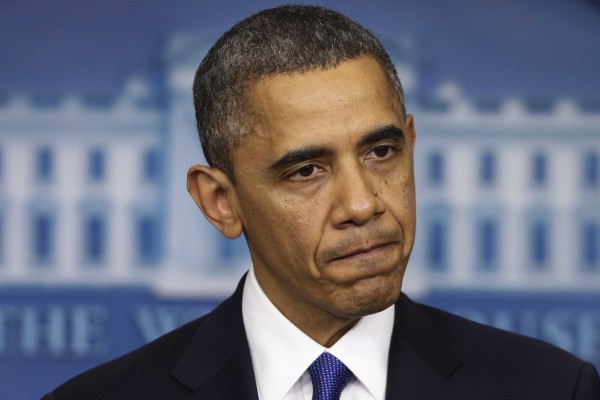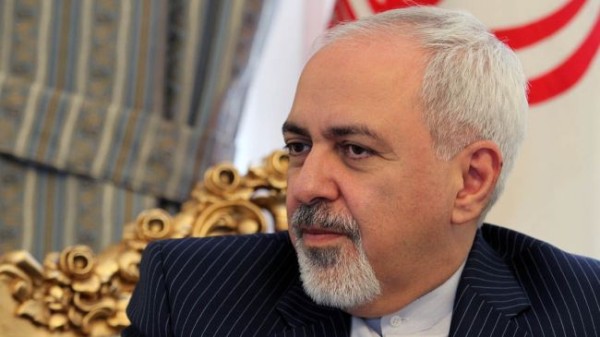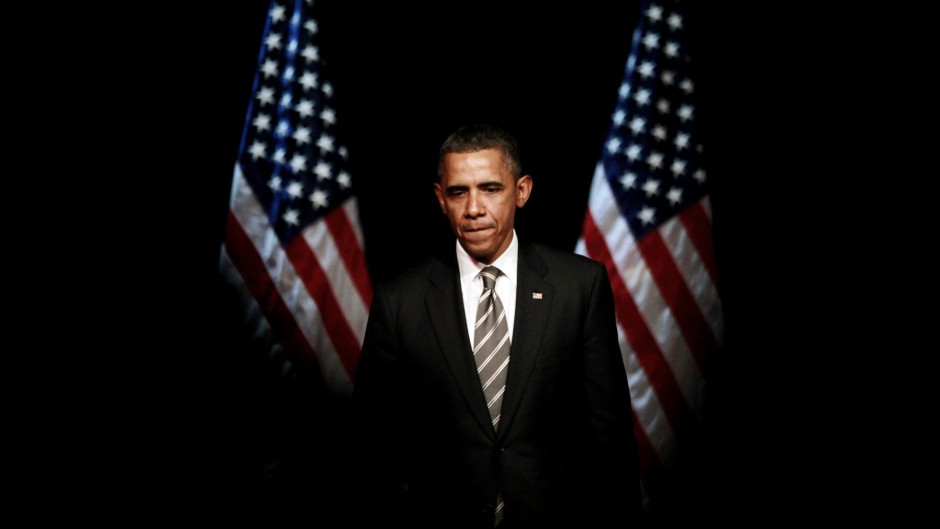
The six major powers are working day and night to draft the outline of an acceptable nuclear agreement with Iran before the March 24 deadline. In President Barack Obama’s estimation, the United States, Russia, China, France, Britain and Germany have offered Iran an “extraordinarily reasonable deal,” contrary to claims by Israeli Prime Minister Benjamin Netanyahu that the emerging accord is “very bad” and supposedly will pave the way for a full-fledged Iranian nuclear arsenal.
Yet at this incredibly sensitive juncture, 47 Republican Party senators in the United States have sent a confrontational open letter to Iran’s leadership archly warning that the current negotiations may well be a waste of time. An agreement, they’ve warned Tehran, could be declared null and void by Obama’s presumably Republican successor “with a stroke of a pen.”

Drafted by Senator Tim Cotton of Arkansas, the letter warns that the proposed executive accord could be scrapped by the next American administration. Cotton is reportedly offended by Obama’s legitimate position that an agreement does not have to be presented to Congress for approval, and he fears it is not strong enough and will expire after a decade.
Cotton’s qualms can’t be dismissed out of hand, but the letter he and his fellow Republicans dispatched so hastily can best be described as rash and irresponsible.
At this point, no one really knows what a final agreement will actually look like. There are still significant gaps between the major powers and Iran on key issues. The Republicans, for biased political reasons, are rushing to judgment. They’re perfectly aware that U.S. presidents have a constitutional right to sign agreements with foreign countries without submitting them to Congress, yet they’re cynically ignoring “centuries of precedent,” as Vice President Joe Biden has correctly pointed out, and undermining the president’s ability to negotiate on behalf of the United States.
The Republican Speaker of the House of Representatives, John Boehner, launched this blatantly partisan campaign by inviting Netanyahu to address a joint session of Congress on March 3. By accepting the invitation, Netanyahu — a Republican in spirit — damaged Israel’s pivotal relationship with the Obama administration and turned American support for Israel into a crass partisan issue. A sensible, level-headed, pragmatic Israeli leader would have never acted so irresponsibly.
And as Democratic Party leader Senator Harry Reid and U.S. Secretary of State John Kerry have pointed out, the Republican letter was essentially counter-productive, having “empowered the ayatollahs” who despise and mistrust the United States and emboldened Iranian hardliners who oppose an agreement to constrain Iran’s nuclear program.
With this foolish letter, the Republicans effectively aligned themselves with reactionary forces in Iran that wish to keep it isolated and at constant odds with the West.

And as Iranian Foreign Minister Mohammed Javad Zarif reminded the myopic Republican senators, “This kind of correspondence, which is unprecedented and non-diplomatic, tells us that the United States is not trustworthy.”
It’s elementary.
If the United States has no intention of honoring solemn agreements it signs in good faith, as the Republicans ominously suggest, its status as a nation and as a superpower will be compromised and left in tatters. It’s a telling commentary on Tim Cotton and company that they fail to grasp this fundamental principle. Can shallow and short-sighted politicians such as these be trusted to lead the United States?
To the best of our knowledge, the Obama administration is attempting to draw up a decent agreement with Iran. It would drastically limit Iran’s ability to enrich uranium and prevent Iran from assembling a nuclear device in less than a year, thereby giving the United States in particular and the major powers in general sufficient advance warning to sabotage its efforts. Iran, too, would be subjected to an intrusive regimen of inspections to ensure its full compliance with an agreement.
In exchange for Iranian concessions, the international economic sanctions that have strangled Iran’s economy would be gradually lifted.
It would not be an ideal agreement by any means, but it would at least freeze Iranian nuclear work for 10 years or more. Absent an accord, Iran would be completely free to pursue its nuclear ambitions, with all its attendant consequences.
The Republicans should ask themselves which of these two options is preferable. So should Netanyahu.
